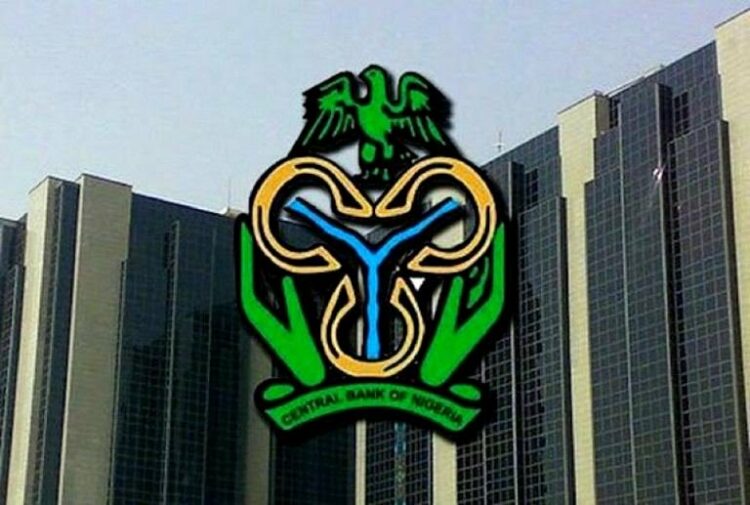The Central Bank of Nigeria has been told to scale back its credit intervention programmes as they are likely to cause market distortions in the long run.
The International Monetary Fund (IMF) gave the counselling in its report titled, ‘Nigeria Staff Report for the 2021 Article IV Consultation.’
It said the CBN’s credit intervention schemes were a response to the disruptions caused by the COVID-19 pandemic.
The IMF said, “As the recovery firms up, the CBN also needs to scale back its credit intervention programmes, which were ramped up as part of the COVID-19 crisis response.
“The CBN’s credit injection to the private sector, both direct lending and on-lending through banks, accounts for about 45 per cent of credit growth since 2020—significantly above the average of 12 per cent in pre-pandemic years. As banks exercised restraints in lending, the CBN interventions have provided financing to the underserved markets (e.g., agriculture) and mitigated the impact of the pandemic.
“However, they cannot be expanded indefinitely given likely efficiency costs and market distortions and its thorough review will be warranted.”
While the CBN’s internal and external audit mechanisms generally adhere to international standards, its Act needs to be modernised to strengthen its autonomy, governance, and to establish price stability as its primary objective, the Washington-based IMF said.
It said, “The CBN’s involvement in quasi-fiscal operations and developmental lending activities should be phased out, and financial reporting practices bolstered through full adoption of International Financial Reporting Standards and resumed publication of annual financial statements.”









